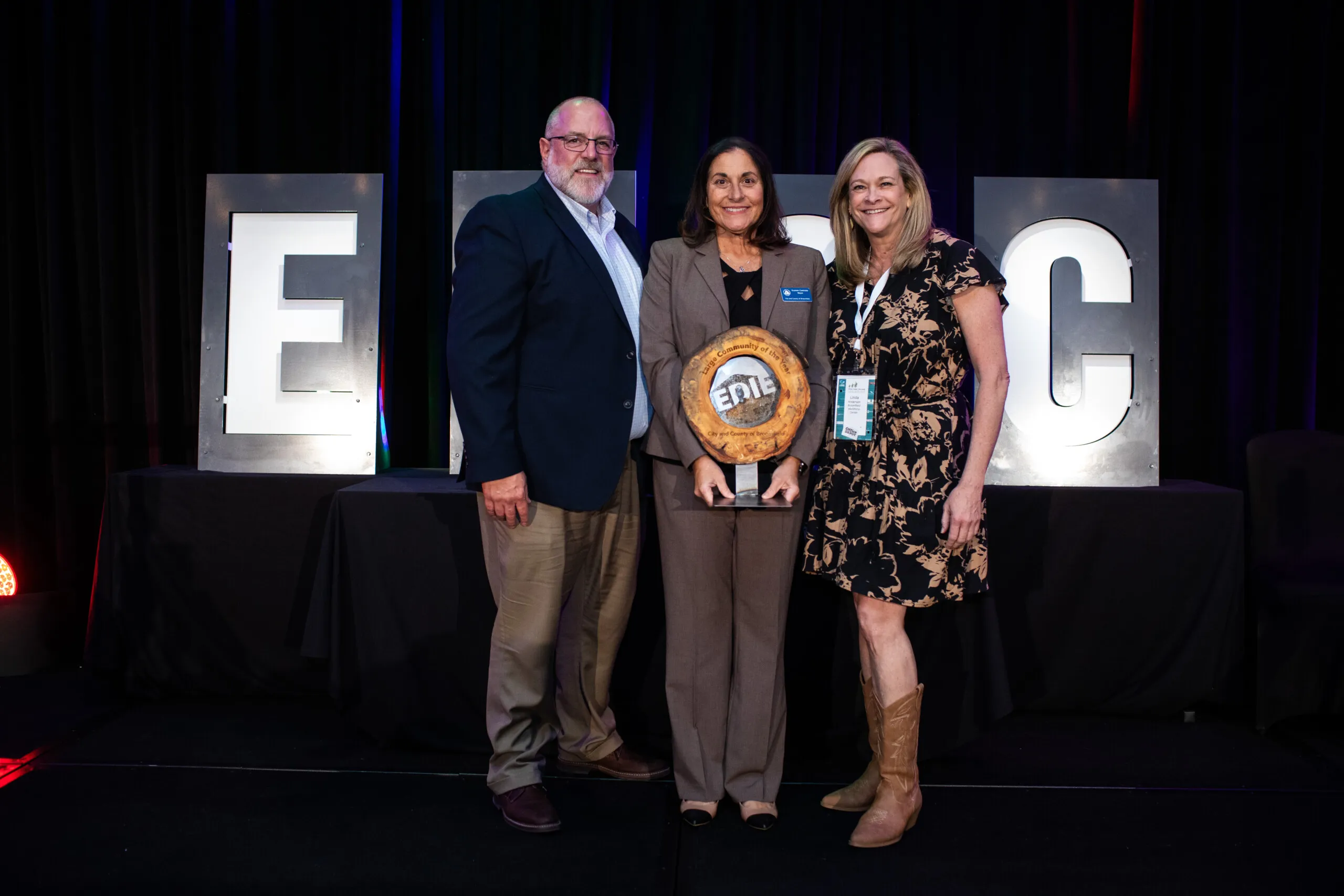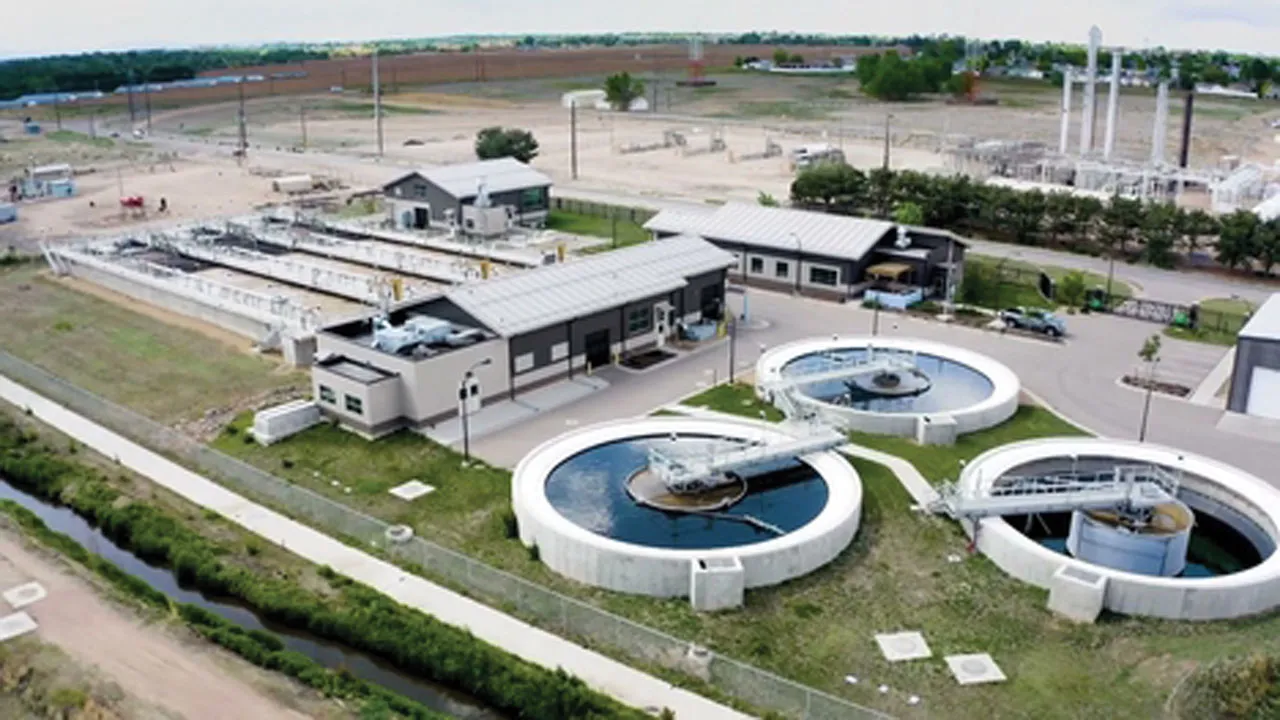Economic summit: University influence makes Boulder what it is
BOULDER — Whether looking back or forward, the University of Colorado has created an unmistakable influence on the state of the Boulder economy.
So said panelists at the annual Boulder Economic Summit Monday, held at CU Boulder but organized by the Boulder Chamber and the Boulder Economic Council.
The university created an atmosphere for innovation to thrive, multiple panelists said. Indeed, as noted by university Chancellor Phil DiStefano, the university created 175 new inventions just in the 2020-21 academic year, along with spinning off 12 startups.
But other factors also helped Boulder become a national center in multiple industries, notably the outdoor, natural…
THIS ARTICLE IS FOR SUBSCRIBERS ONLY
Continue reading for less than $3 per week!
Get a month of award-winning local business news, trends and insights
Access award-winning content today!





